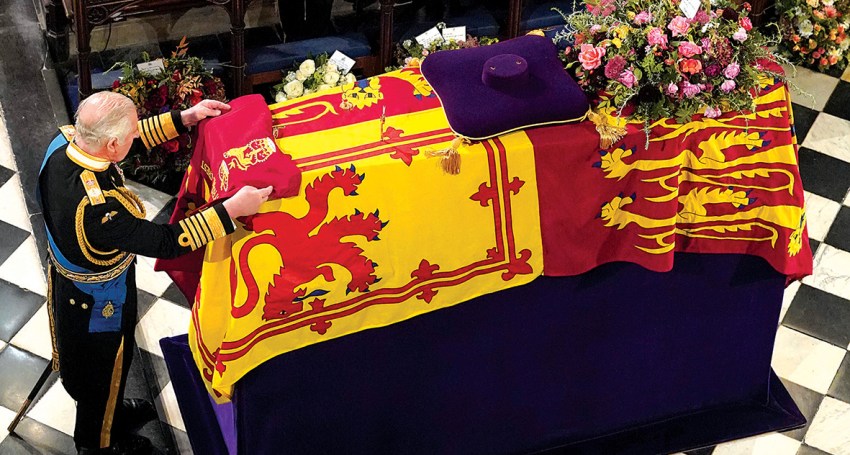Glimpses of hope in the secular age
Opinion
In the British black comedy-drama After Life reporter Tony Johnson, played by Ricky Gervais, struggles with grief and depression after his wife and soulmate, Lisa, dies from cancer.

Tony is a disillusioned journalist on a local newspaper in a small village in the UK and there are some hilarious moments as he covers the mundane, the absurd and the downright silly stories of the day.
But there is a serious undertone to the series and laughter turns to tears of sadness in the final episode when Tony visits child cancer patients in hospital and a small boy who has lost his hair from chemo treatment asks him if he believes in heaven.
Advertisement
Tony comes to the realisation that while he will never find anyone like Lisa, nor does he want to, the only way to live his life is to be kind to people, and to have hope. A very Christian message, not that there’s much positive reference to religion in the series. But the emphasis on hope in the final episode is a welcome reminder that we all need something or someone to believe in.
With Greg Sheridan’s words on our impending post-Christian world ringing in my ears I couldn’t help but think that the reason we have so much anxiety and despair in society today is lack of faith and, consequently, lack of hope.
In his book God is Good for You, Sheridan argues that popular culture has gradually erased religious themes from films and television programs or given them anti-Christian plots. Similarly, secular bookshops are brimming with self-help books while the religion category either shrinks or doesn’t exist.
In Sheridan’s view, most baby boomers have outgrown the need for religion due to affluence and associated factors. The flow on effect to the next generation and society in general is quite frightening.
Advertisement
Sheridan writes: ‘the lack of purpose and meaning, the lack of any ultimate standards that come with the exile of God from our culture lead to savage polarisations and sudden outbursts of hysterical sentiments’. He refers to the rise of both neo-Nazi symbols and hammer and sickle banners at protests as examples.
‘Without God,’ he writes, ‘human beings are no longer unique and universal, no longer special in nature…if we lose God, we lose something essential of our humanity.’
Despite the ominous message, by standing up and talking about our Catholic faith, Sheridan gives us hope and encouragement to continue seeking and sharing the truth.
Another somewhat unusual place to find hope is in the death of Queen Elizabeth II. Despite the huge outpouring of grief around the world, there was cause for optimism because of the wonderful example she set in her more than 70 years of service and her unwavering commitment to her faith and the Church of England.
Related Story
From foreign editor to Christian crusader
The coverage of Queen Elizabeth’s funeral with its frequent references to eternal life, to Jesus Christ as the light and the way, was a rare opportunity for the masses to be exposed to religion. Like Australia, the UK is experiencing a steady increase in the number of people ticking the ‘no religion’ box and only about 5 per cent of Brits regularly attending church. So it’s counter-cultural to be giving so much airtime to Christian traditions and beliefs.
And yet the media seemed to be surprisingly accepting and admiring of Queen Elizabeth’s deep Christian faith. I didn’t hear one word of criticism or cynicism in the deluge of commentary.
You’d think if being a believer is good enough for our beloved Queen, it should be good enough for her subjects.
We live in hope.
Warning: After Life, like most TV programs these days, contains obscene language and sexual references.











